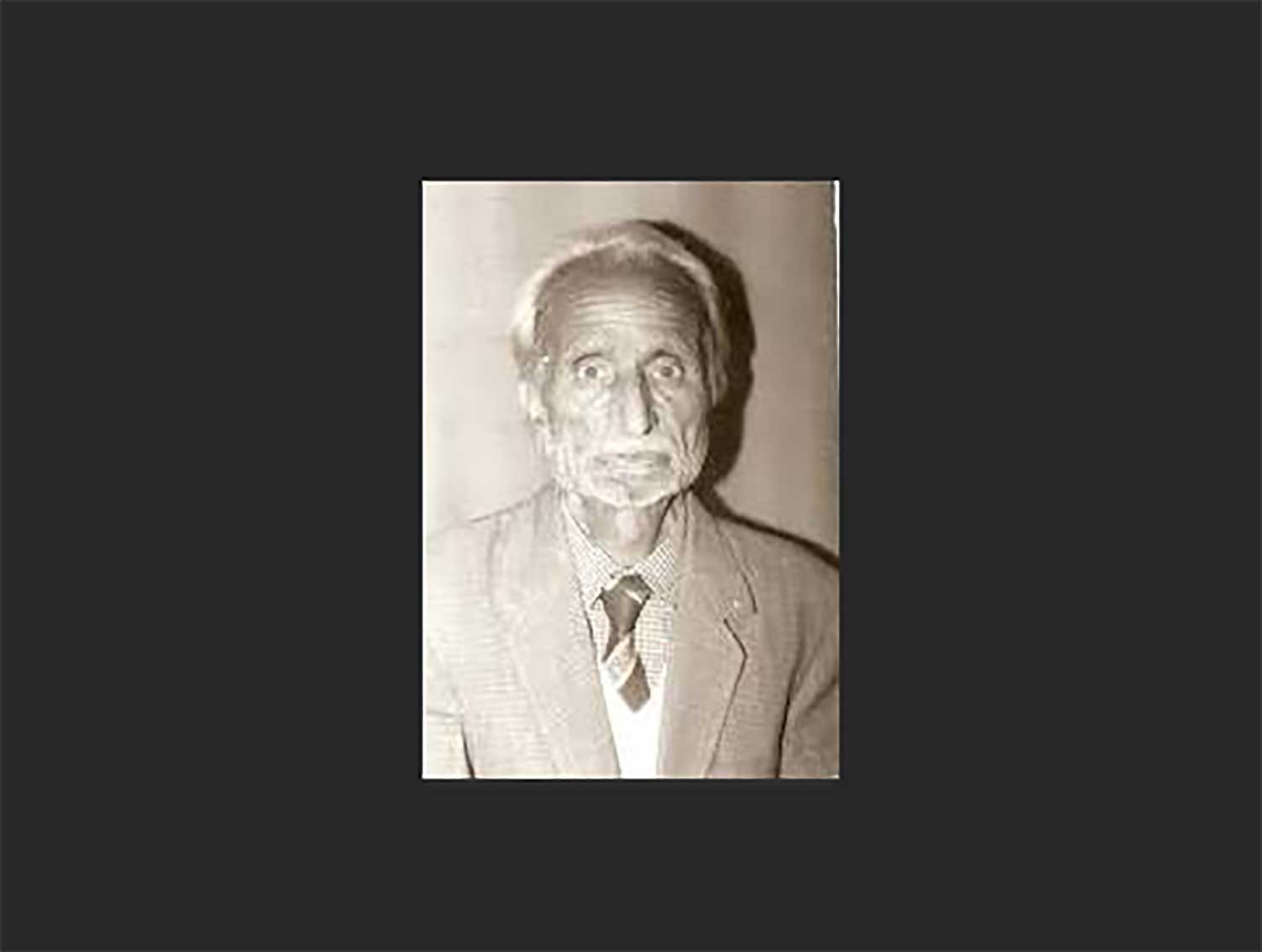Decades after the legendary Kashmiri writer Akhtar Mohiuddin mapped the K-situation through his staggering short story—Aatankwadi, similar events unfolded in Kashmir, making people believe that writers indeed make some eerie prophecies. Here, the writer draws parallels between the literary scene and her real life encounter.
I was left flabbergasted the moment my childhood impressionable literature reading found a stark resonance in my routine reality.
No sooner did I board a passenger vehicle to head home from office, a two-year-old crying kid caught my attention. His inconsolable condition for demanding something ‘incredible’ reminded me of the legendary Kashmiri writer, Akhtar Mohiuddin.
I looked around and saw tears rolling down his red apple cheeks. Those tears could pierce any human heart!
The kid was up in arms against the whole world—bitterly crying, making repeated attempts to persuade his mother to give him what he wanted.
He was offered chocolates, sweets, toys and anything and everything that a two-year-old could be pacified by. But all in vain.
He was not accepting any sort of ‘bribes’ to calm down that a normal kid would grab with both hands. In the process, the kid even tried to jump off the vehicle but fortunately a co-passenger got hold of him.
Then, turning to his mother, he said, “Mumma, ye mujhe nahi jaaney deyta, mujhe jaana hain” (Mother he’s not allowing me to go, I just want to go.)
With those dewy, unstoppable tears, he got into his mother’s lap and tried to persuade her again, “Mumma, meri achi mumma hona” (Mother, aren’t you my good mother?)
Placing his tiny, tender hands on his mother’s face, he pleaded for what he wanted. But his mother had nothing to offer — other than what a normal kid asks for. His demand was indeed ‘massive’.
What’s the length of a normal gun, I wondered, that men in uniform hold on the streets of Kashmir on any ordinary day?
Yes, you guessed it right. The kid was crying and asking for something that is more than twice his height — the ‘minty gun’ (Military gun): “Mujhe minty gun chahiye, aur kuch nahi, minty gun chahiye” (I want a military gun, no toys, but a military gun.)
The demand sounded familiar.
Before a Kashmiri kid would be caught in a grainy video, some years ago, wailing and demanding the same ‘minty gun’ from an Indian trooper, the ace Kashmiri writer who was the mover and shaker of Writers Progressive Movement back in fifties and sixties had foreseen the event.
Akhtar Mohiuddin in his celebrated short story, ‘Aatankwadi’ (Terrorist), had captured the crying child and his staggering demand quite skillfully:
The bylanes treaded by Bauba Tathi had an Army patrol party coming from the other side. The moment young Shafiq saw the soldiers, he started crying. He rolled on the street, tugging at his mother’s clothes and refused to move. Bauba Tathi scolded him and distracted him with imaginary gifts but to no effect.
The Army officer thought to himself that the moment these Kashmiri children see us, they get terribly scared. He was lost in these thoughts when he said to young Shafiq, “Don’t be scared, son.”
Bauba Tathi replied in a mixture of Kashmiri and Urdu, “Hell, scared! He is crying because he wants your gun. Dupta hain gun de do (He wants your gun).”
The Army officer was shocked to hear this. He couldn’t react for some time, clenching his teeth and muttered to himself: “Terrorist, bastard!”
And hurried on.

Akhtar Mohiuddin
That day, nobody could calm down that 2-year-old kid or fulfill his desire. When asked why he wanted one, he replied, “Mujhe chalani hain minty gun” (I want to fire with military gun.)
His helpless mother slapped him twice while uttering, “Boed paham aashakh, numuet aashaekh yemou” (Had you been a little older, they would’ve taken you!)
Shortly, the kid’s cries lost in the din of indifference and deceptive routine around him. He was soon sleeping in a stranger’s lap, with his mother paying no attention to him.
But the whole disturbing incident set me thinking: Whether or not a two-year-old should be asking for a gun? What did the kid know of the gun and the gunmen? How did his mind process the entire military setup? Why was he adamant about it? Where is our next generation heading?
Days later, I bumped into the mother of the toddler in the passenger vehicle, again. “Wien chi haez ‘minty gun’ mangaan kinni mashyoues” (Does he still ask for the military gun or has he just forgotten about it?)
The mother could only smile, and took a thoughtful look at the receding figures outside the window of the speedy passenger vehicle. It was about those ‘passing ghosts’ and ‘walking dead’ that a steward like Akhtar penned prophecies in the name of writing—that lately found some audience in Srinagar.
But certainly, for the battered and the war-torn souls of the valley—caught in the perpetual state of strife, the ‘minty gun’ moment is perhaps a telling comment on what has become of our lives.
Like this story? Producing quality journalism costs. Make a Donation & help keep our work going.








